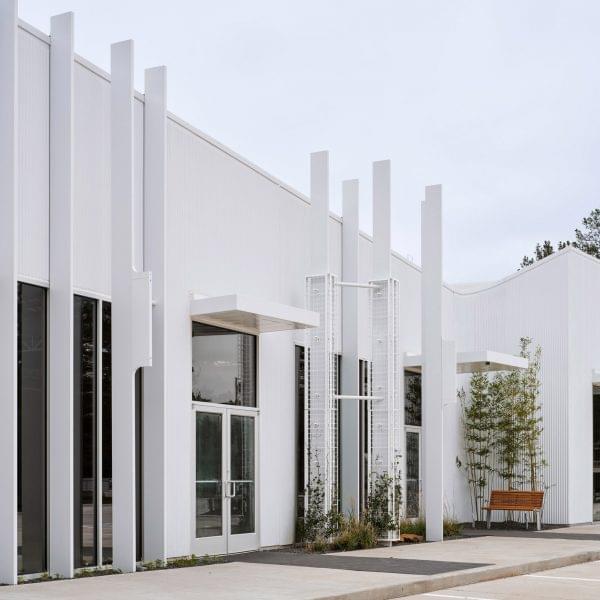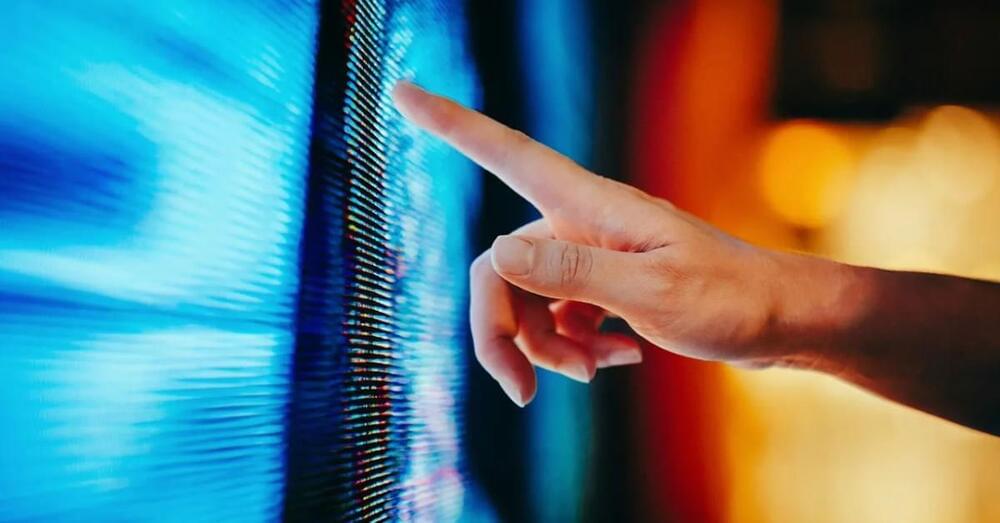After years of expanding autonomous robotaxi rides throughout China, self-driving specialist Pony.ai continues to scale its technology in another segment – commercial trucks. Today, the company announced it has acquired the first ever license in Guangzhou, China to begin testing its autonomous truck technology on open roads in packs formations.
Pony.ai Inc. is a technology company founded over seven years ago that specializes in fully-autonomous mobility. Its robotaxi development has been supported through partnerships with global OEMs like Toyota, GAC Group, and NIO Capital, helping it become one of the early leaders of completely driverless rides throughout several cities in China.
For example, since the launch of its robotaxi app in December 2018, Pony.ai has become the first to commercialize autonomous taxi services in the Chinese cities of Beijing and Guangzhou and one of the first companies licensed to operate in other tier-1 cities, such as Shanghai and Shenzen. It has also expanded US cities like Tucson, Arizona and even signed a partnership to bring its technology to the futuristic urban development NEOM in Saudi Arabia.







